- Home
- Blog
- Currency News
- What can we expect from the Pound in 2021?
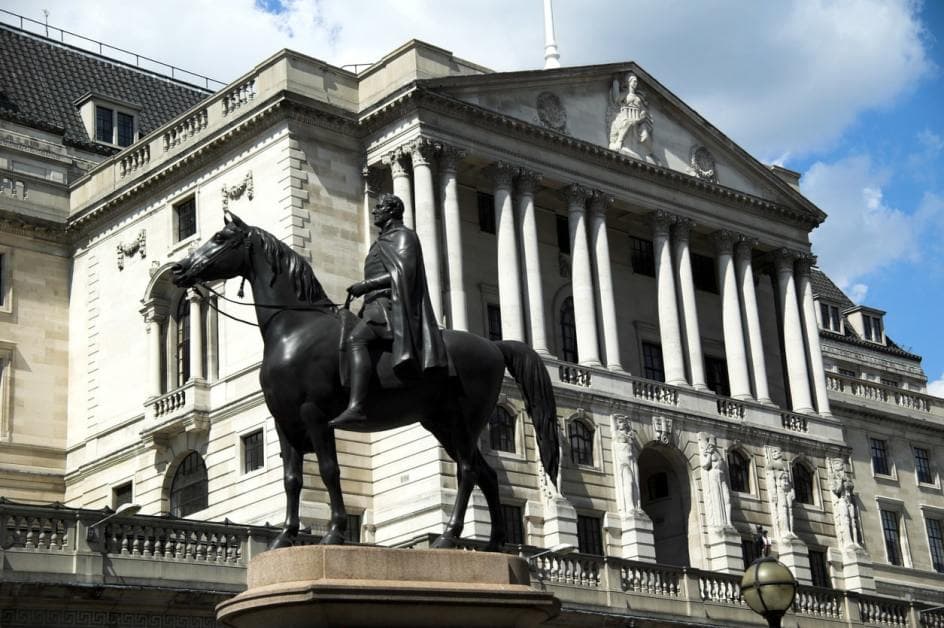
What can we expect from the Pound in 2021?
The Pound has just recently hit its highest rate against the USD since April 2018. In our forecast, we'll discuss what we anticipate for the Pound in the coming months of 2021.
١٥ فبراير ٢٠٢١ — 5 min read
By John Freeme, Chief Dealer Corporate Foreign Exchange - Europe
In the week commencing 8th February, the Pound hit its highest rate against the US dollar since April 2018. But how much more does it have in the tank going forward?
The United Kingdom has outstripped other major world economies when it comes to the vaccination rollout and the Bank of England seems to have delayed the potential for negative interest rates, boosting the market's demand to buy Sterling. However, there is more to consider than just these two obvious factors.
The Pound, at a glance
What’s impacting the Pound right now?
The Bank of England stated it expects the UK Economy to “recover rapidly” once out of lockdown.
UK consumers have built up around a whopping £154B in savings—signifying pent-up demand when the economy is back open for business.
COVID-19 cases are dropping, and vaccinations are increasing.
Governor Bailey appears to be ready to buy bonds in stimulus.
The furlough scheme does appear to be capping unemployment rates.
These points allude to the potential for a U-shape recovery out of the COVID-19 pandemic recession for the UK.
Compare to the sharp fall experienced at the outbreak of the virus, where we saw the UK economy drop a whopping 20%, which was then followed by a period of flat or marginal changes and ultimately a sharp increase in economic growth.
The Pound, in review
Looking back in recent history, the Sterling Index shows the incredibly negative impact the EU referendum result had on the value of the Pound against a basket of currencies since 2016.
GBP to USD, 2011-2021
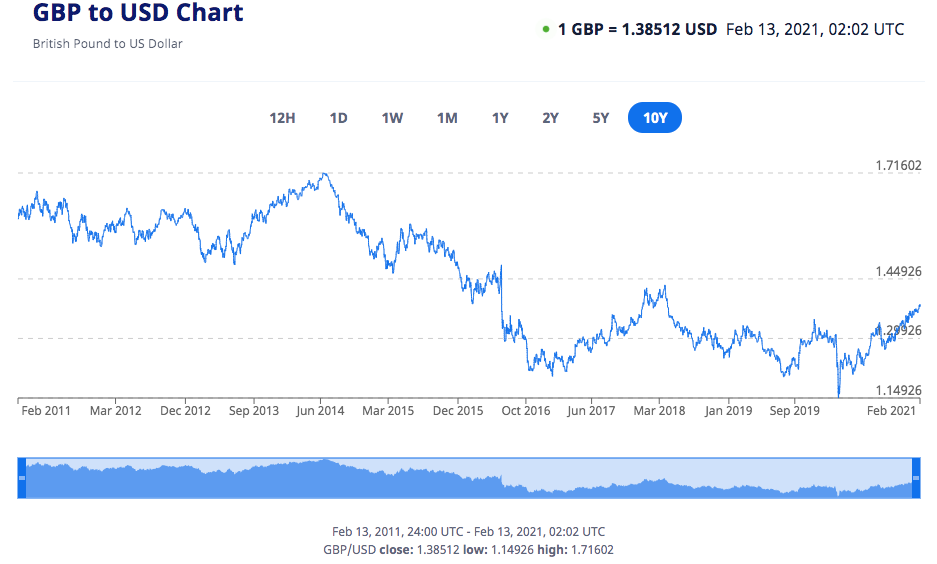
GBP to Euro, 2011-2021
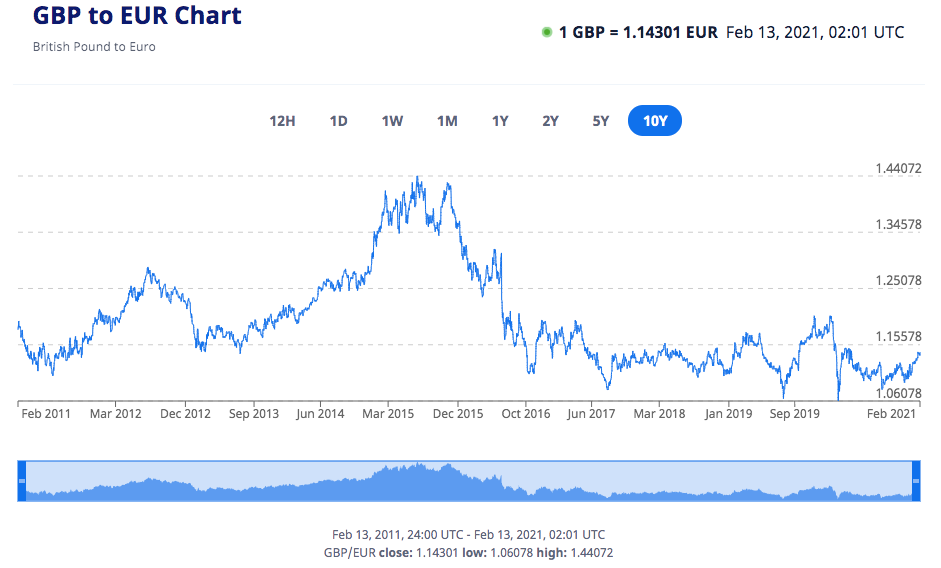
The currency has not recovered to pre-referendum levels against its major counterparts. The sheer uncertainty and political instability in the United Kingdom has been the constant “grey cloud” hanging over the Pound. Accordingly, the number of short positions on the Pound and lack of desire to hold Sterling in a portfolio of currencies has left it out in the cold.
In March and April of 2020 this lack of desire to hold Sterling was amplified when the world’s risk propensity changed and investors and traders alike sold out of anything considered risky—be it the Pound, stocks or even gold—and into the traditional tried and tested safe haven of the US dollar. Sterling traded at its lowest levels since 1985 against the dollar and worst level against the euro since the financial crisis in 2008.
Asset allocation of portfolios added to this sale of GBP as investors sold traditional stocks listed on the London Stock Exchange and bought the tech stocks listed in the US during the initial phases of the pandemic.
However, markets again proved that they can get used to, or price in anything over time, and with lockdowns being eased the Pound stabilised and recovered some of the ground it had lost during the panic buying of US dollars.
The next major event risk was the Brexit deadline of the 31st December 2020, which Prime Minister Boris Johnson promised to deliver and refused to extend. This hampered any upward movement for the Pound and still hamstrings the currency today.
We did however see a Brexit deal agreed and a level of certainty arrive for the UK economy in the short term. Subsequently Sterling managed to make some gains against the euro and US dollar.
So, what has 2021 been like so far and what could happen next?
The markets want the answers to these major questions:
Will the economy open sooner due to the vaccination rollout out, and
Will this be before other global economies?
How long will it take before consumers start spending those savings stored up during 2020 to get the wheels of the economy turning again?
What will be required from the Monetary Policy Committee in terms of stimulus?
With new multi-year highs for GBP against the US dollar during the second week of February, it would seem markets believe, for now at least, that the UK can get going again and ahead of other economies. If the economy does start moving forward, will it be a “rapid recovery” like the Bank of England said it could be?
This has therefore pushed back the prospect of the Bank of England cutting interest rates to negative from May (some forecast) to August.
Things to watch out for and monitor in the near future:
Changes or delays to the vaccination roll out program
Effectiveness of the vaccinations to new variants/mutations of the COVID-19 virus
End to, or extension of, the UK national lockdown
The budget speech from Rishi Sunak on March the 3rd, specifically with regard to:
The health of the economy
Furlough scheme status/extension and its potential impact on unemployment
Tax rises to try and start paying for the pandemic relief
The Pound, in summary
The Pound has started stepping out of the shadows of the Brexit uncertainty and looks to be riding the wave of the vaccination rollout. However, there are a number of potential dangers to this, be it final Brexit deal negotiations on financial services or longer lockdowns due to new variants to the virus.
It could be a good opportunity for Sterling sellers currently and would seem prudent to take advantage of this for short-term committed exposures you face in foreign currency.
Stay on top of currency changes with Xe
It can be difficult to truly predict where the currency markets will move next. Xe helps businesses and individuals around the world monitor the markets and their chosen currencies, and reduce their risk of being impacted by market volatility as they trade currencies and send money.
If you're interested in our money transfer and currency services for individuals, sign up for a personal account here.
If you're a business looking for an experienced FX provider to assist with your international payments and protect your bottom line, sign up for a business account here.
Related Posts

١١ ديسمبر ٢٠٢٥ — 12 min read
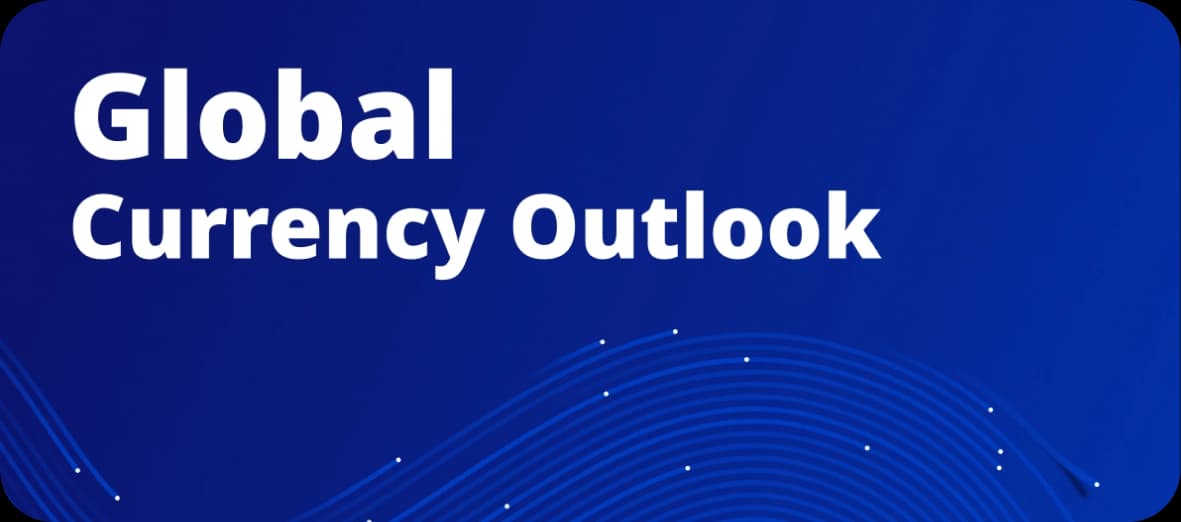
٤ ديسمبر ٢٠٢٥ — 4 min read

٥ نوفمبر ٢٠٢٥ — 4 min read

٢ أكتوبر ٢٠٢٥ — 3 min read
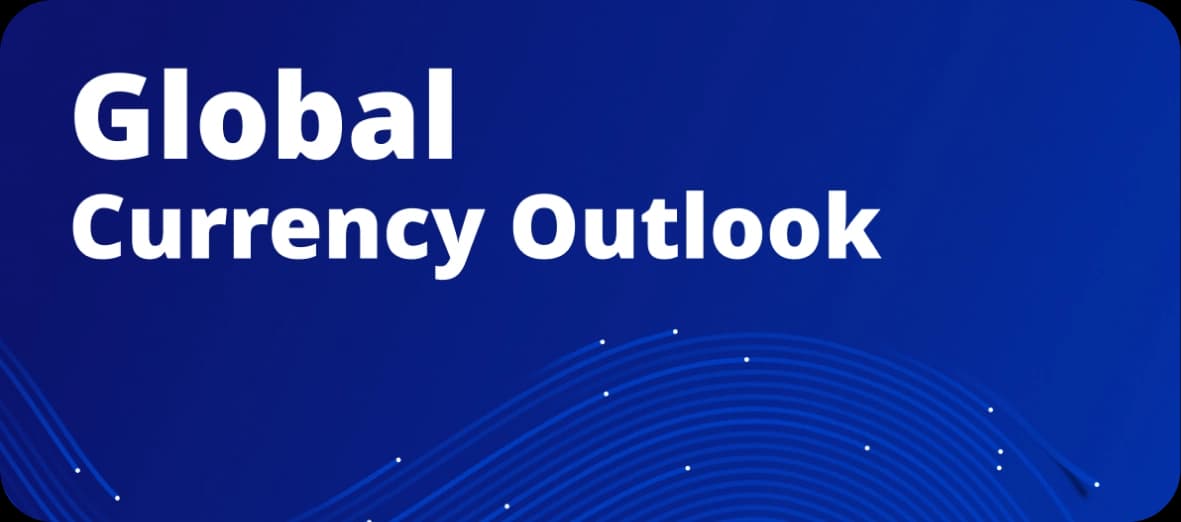
٢ سبتمبر ٢٠٢٥ — 3 min read

٧ أغسطس ٢٠٢٥ — 4 min read